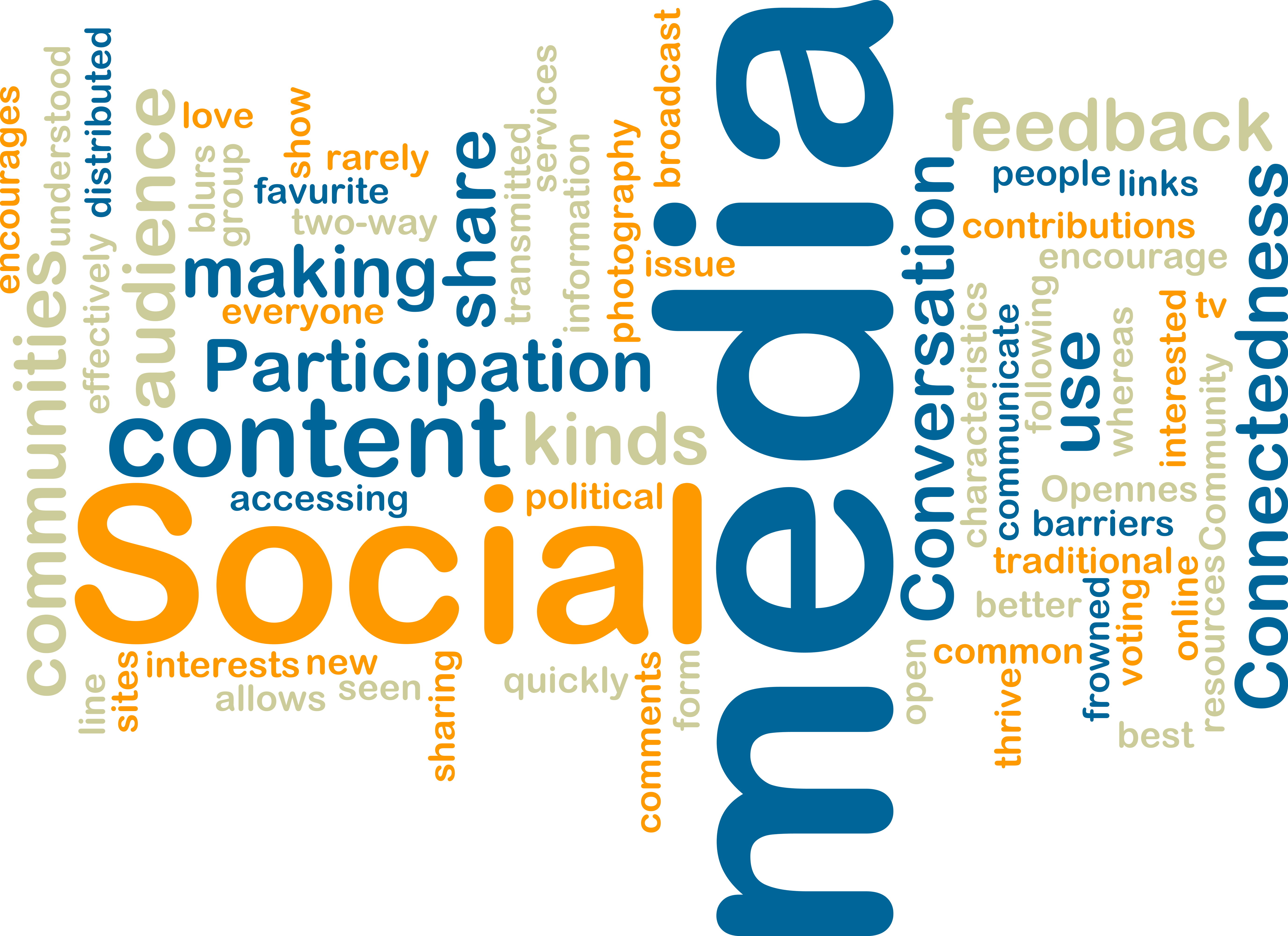Blog 4
From Street’s article “What’s New in New Literacies” I found the idea of “literacy events” interesting to consider when evaluating pedagogy practices, I considered the rise of social media and the way that the internet connects the world as a sort of literacy event today. Street quotes Shirley Brice Heath stating that a “literacy event” is “an occasion in which a piece of writing is integral to the nature of the participants’ interactions and their interpretive processes” (78). After some research on the internet about the invention of the printing press, I figured that this was an integral literacy event in the way that it allowed the spreading of information to the public, making information more accessible to different walks of life. The rise and spread of social media, including blogging websites, Twitter, and Facebook allows people to get their ideas of there. This has immensely changed our lives and the way we connect with people. Social media is definitely a literacy event and can be used in the classroom by allowing organized collaborations with students, through websites like Google Docs and Blogster. I would definitely consider social media as a “literacy event,” as discussed in the Street article because it has changed the ways in which the world has the ability to communicate with one another as well.
After watching Wesch’s video (twice, I might add) I felt infinitely confused, wondering about all the potential possibilities that technology, or the internet specifically, can, has, and will affect us. To focus my thinking, I started hypothesizing about all the ways technological affects literacies and how this will affect my future as a a teacher. How will I master keeping my students focused and interested through utilizing all these new literacies?
The Wesch video showed the different media on the internet that ventures further than just text. We can incorporate images and videos as well as prose to express ourselves. In today’s modern classrooms, I think utilizing all these new wonderful ways of expression will positively benefit our students because it allows creativity, incorporates new and exciting media, and gives students exposure to up and coming technology which will continue to be useful throughout their lives, including their careers. Classroom environments will be able to utilize this technology to allow more collaboration between the students. However, the economy continues to be an issue because not all school districts can afford to keep up with the ever changing technology. So the more affluent schools, most likely private schools with students from wealthy backgrounds, will be able to engage with these kinds of literacy practices.
The world can now contribute to new literacies through the internet. If properly taken advantage of in a school setting, students can have access to more information and allow time in the classroom to take on collaborative projects with other students where they can enhance reading and writing through working on blogs, like how this classroom is run. This is a very optimistic view for what technology can do for us, since technology has proved to be such a distraction from schooling pursuits.

 Website:
Website: